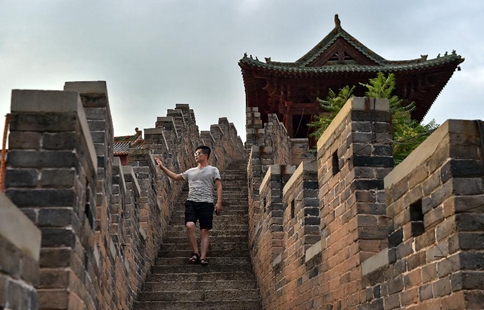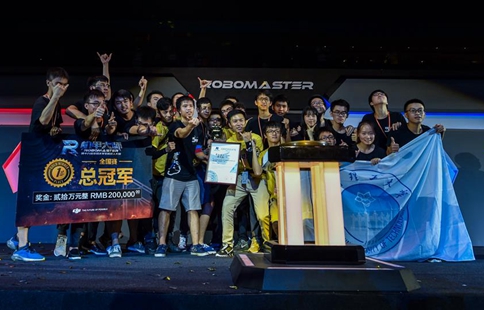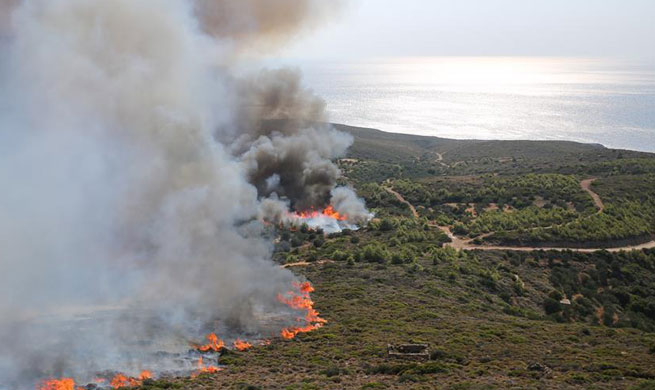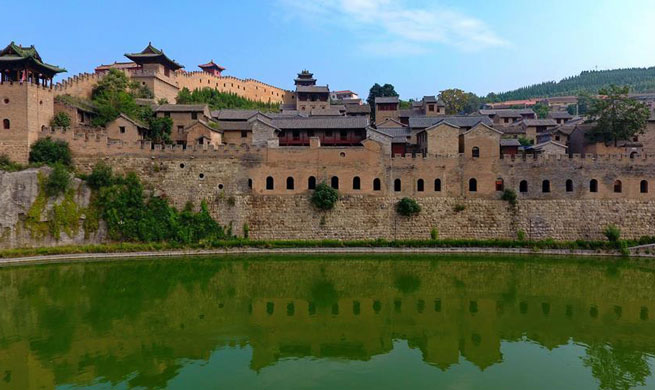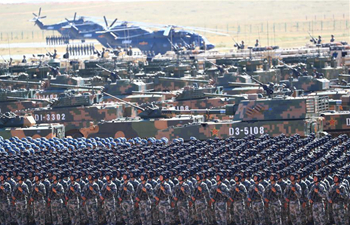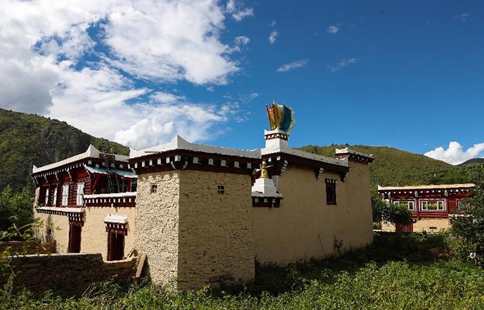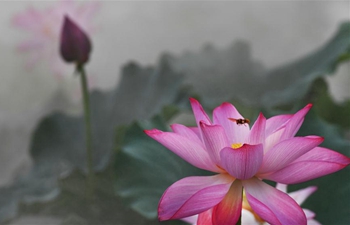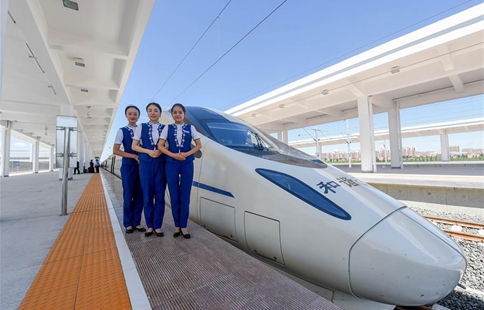by Raul Menchaca
HAVANA, Aug. 6 (Xinhua) -- About 100 Cuban children invited on board "Race for Water" in Havana's bay marveled at this solar, wind and water-powered, futuristic looking watercraft.
"It looks like a metallic island," Karen Silva, 12, told Xinhua as she gazed at the shiny 500-square-meter deck built entirely of solar panels, which help propel the vessel to sail the globe at the speed of about 5 knots, or 10 km, an hour.
Lithium batteries store energy for nighttime sailing or cloudy days, while sea water is processed into hydrogen gas to be converted into electricity to power propellers.
Add a 40-square-meter kite that can double the vessel's speed when winds are blowing and you have the model craft to raise environmental awareness about the plastic pollution of the world's oceans and what can be done about it.
In 2017, the Race for Water Foundation, started by Swiss entrepreneur Marco Simeoni, launched the vessel on its second world tour, Odyssey of Hope, following its first expedition in 2015, "to demonstrate that energy transition is happening now, and solutions do exist to protect our oceans from anthropogenic (or human-made) pollution."
At each stop, the crews consult with local experts and offers workshops, such as the one it held in Cuba, on how to turn plastic waste into energy to prevent it from ending up in the oceans.
"Race for Water," which sailed into Cuba on July 20 and sets sail on Tuesday for its next leg of trip, is considered the world's largest hybrid catamaran, measuring 35 meters in length. It is manned by a French crew and hosts a research team of Norwegian and German scientists.
"The project aims to find solutions and share experiences in the global problem of oceans polluted with plastic waste," the foundation's director, Serge Pittet, told reporters at a press conference.
Cuba's Center for Environmental Studies, based in the central province of Cienfuegos, has been collaborating with the team to do just that.
Camille Rollin, a foundation specialist in plastic waste-to-energy projects, said "it is important to be in Cuba (because) for an island, it is difficult to manage waste."
"The world needs to know how to preserve the ocean and how each can do that according to its own capacity," said Rollin.
The first global Odyssey, which made 18 stops around the world to conduct scientific assessment and raise public awareness of plastic pollution in oceans, showed the oceans have become a kind of "soup of microplastics" that are "impossible to clean," so that the solution must be land-based to keep plastics from dumping into the oceans in the first place, said Rollins.
To that end, researchers are trying to design a machine capable of turning this mix of plastic waste into energy.
Odyssey of Hope is a five-year voyage that began in Europe in April with stops including Tokyo during the 2020 Olympics and Dubai for the World Expo in the same year.





